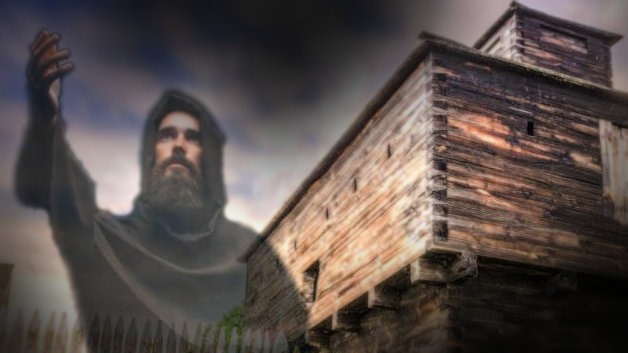No, not in any significant way. At the founding of America, the religious landscape was predominantly Protestant. While the population fostered great religioius diversity, they harbored a cautious stance towards any religious groups perceived as too dogmatic or potentially undermining the separation between church and state, a principle they deemed essential for the republic’s health and longevity. This wariness extended to groups like Catholics and other denominations perceived as “aggressive” or overly zealous, which the founders feared could threaten the secular and pluralistic ideals upon which the United States was being built. In crafting the new nation, they sought to ensure freedom of belief and worship, or no worship, while guarding against any single religious group’s dominance in public and political life.
Evangelicals of today did not exist, and while Catholics constituted less than 1% of the population and faced widespread mistrust, America’s religious landscape and attitudes evolved significantly over time. An important milestone was the election of John F. Kennedy in 1960, America’s first Catholic president, reflecting the nation’s enduring focus on the acceptance of religious and nonreligious diversity.
The Founding Fathers themselves were a diverse group religiously, with more Deists than not, and with many adhering to a liberal form of Christianity that emphasized reason, moral ethics, and a skepticism toward organized religion’s direct influence on government affairs. For a deeper exploration, take the 11-minute deep dive: “The First Religions of Colonial America.”









